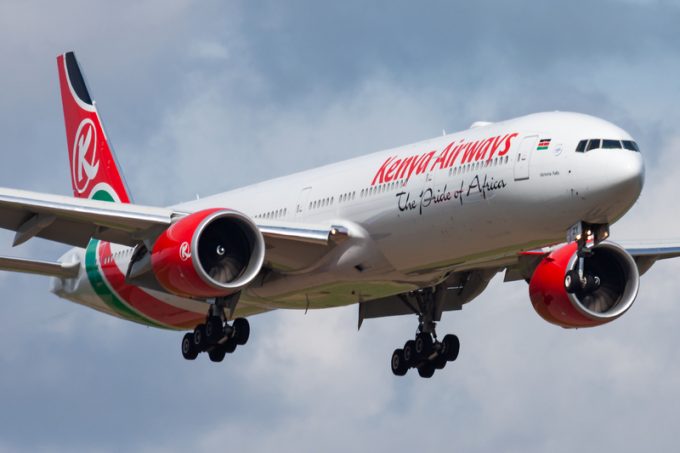Members of Parliament will expedite proposed bills and other frameworks to midwife coffee subsector reforms.
The Senators and Members National Assembly on Friday agreed to work together in finalising various legal frameworks, which have resulted from extensive consultations as Deputy President Rigathi Gachagua asked them to prioritise the farmer.
The Deputy President hosted the MPs who are drawn from committees of the Senate and the National Assembly on Agriculture, Trade and Industry, Cooperatives, the Coffee Reforms Caucus and other legislators from coffee growing areas, for a way forward on the reforms.
The lawmakers endorsed the changes and pledges to fast-track the process of amending the Coffee Bill, which is pending at the Senate, and the Cooperatives Act.
"The reforms are unstoppable. After the coffee forum held in Meru (in June 2023) the cartels started a scheme to discredit the reforms by trying to create an artificial crisis about the coffee auction and the licensing. We are fully prepared. When the President and I undertook these reforms, we knew what we were getting into. We knew it would not be easy and that they would fight viciously," said the Deputy President at the Official Residence in Karen, Nairobi, on Friday.
Read More
He stated that the Government is determined to take back the once-lucrative subsector to the farmer farmers by eliminating exploitation from brokers and middlemen, who have been making huge profits.
"The Coffee subsector reforms have entered the homestretch. Nothing will stop us. After this meeting, we will have a solid way forward to making the necessary legal, policy and operational adjustments through Parliament, to usher in a new era. We are calling on the lawmakers to move swiftly and make the necessary amendments to the Bills, Acts and any other relevant regulations to provide the legal backing in fully rolling out the reforms," Mr Gachagua remarked.
Stating that the subsector supports about 5 million Kenyans, the Deputy President affirmed that the coffee business is so dear to the country's economy and President William Ruto will not back down on implementation of the reforms despite resistance and fightback by cartels.
The Deputy President mentioned that the reforms are targeting the Cooperatives Act because some coffee societies have been marred by corruption and maladministration of finances.
"We have to look at governance issues in the cooperative societies because coffee is about small-scale farmers and cooperatives are part of the chain. Cost of production is high because of mismanagement in cooperative societies and corruption. Some societies are captured by millers and marketers. Some of the leaders may be financed by the cartels to fight the reforms," said the Deputy President.
To rescue dwindling coffee farming in the country and maximize production, the Deputy President urged farmers to use the government's subsidized fertilizer.
In addition, he asked the lawmakers to address the issue of coffee exchange so that it can be farmer-based and the farmers are represented in the trade and auction of their produce at international markets.






